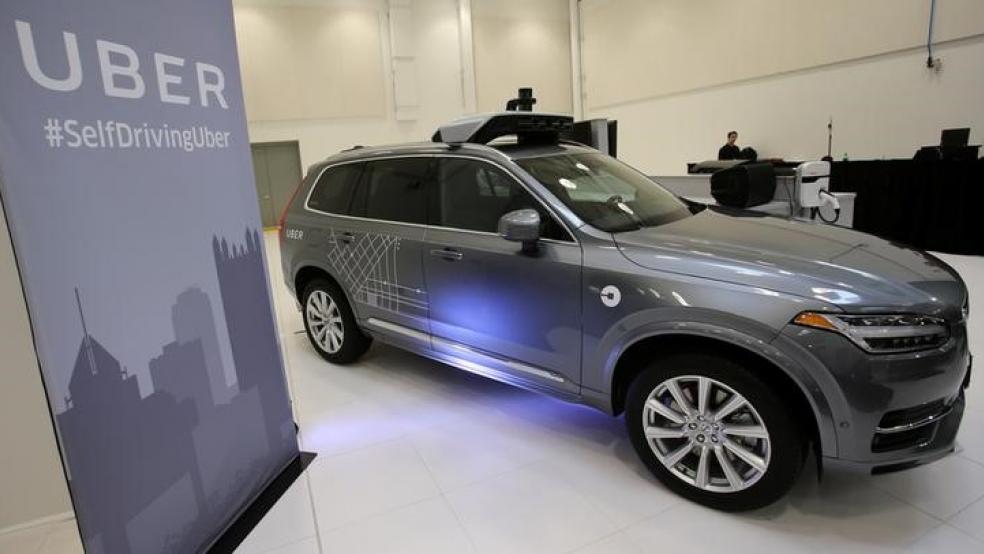Uber made a big move last week when it introduced its self-driving cars to the public as part its Pittsburgh pilot.
The ability for a select few to hail a self-driving Uber is arguably the biggest public introduction to driverless tech yet. Yes, cars on the road today do offer semi-autonomous features, like Tesla's Autopilot. But Uber's pilot offers a real glimpse of these cars in practice on city roads instead of just highways.
Related: Uber debuts self-driving vehicles in landmark Pittsburgh trial
But even though companies are racing to get driverless cars on the road by 2020, Americans have yet to embrace the imminent future of autonomous cars.
The University of Michigan conducted an American public opinion survey in May that shows people still prefer manually operated vehicles over the concept of a driverless future. The report found that just under 16% of Americans would want to ride in a self-driving vehicle.
Think about that for a bit: 84% of Americans have no desire to be in a self-driving vehicle.
Additionally, two-thirds of the respondents said they are "moderately or very concerned about riding in a completely self-driving vehicle."
Related: Uber lost at least $1.27 billion in first half of 2016: Bloomberg
"Overall public opinion has been remarkably consistent over the two years that this survey has been conducted, despite the increased media coverage of self-driving vehicles," Brandon Schoettle, a project manager at the University of Michigan's transportation research institute who contributed to the report, said in a press statement.
Granted, it's likely at least some people's opinions will change when they are exposed to the tech instead of just reading it in articles.
But considering respondents haven't budged despite companies putting semi-autonomous features and driverless car plans out there, it doesn't bode well for automakers and tech companies banking on a major shift in mindset, like Lyft President John Zimmer, who boldly claimed car ownership will "all-but end" by 2025.
Still, it's worth noting that only 618 people were surveyed, so we can't really know how everyone feels about the driverless revolution.
This article originally appeared on Business Insider. Read more from Business Insider:
The fabulous life of legendary fashion billionaire Ralph Lauren
The Airbus A380 may finally have an American customer — and it's completely unexpected
Facebook's go-to management guide dispels a common myth about leaders and managers




